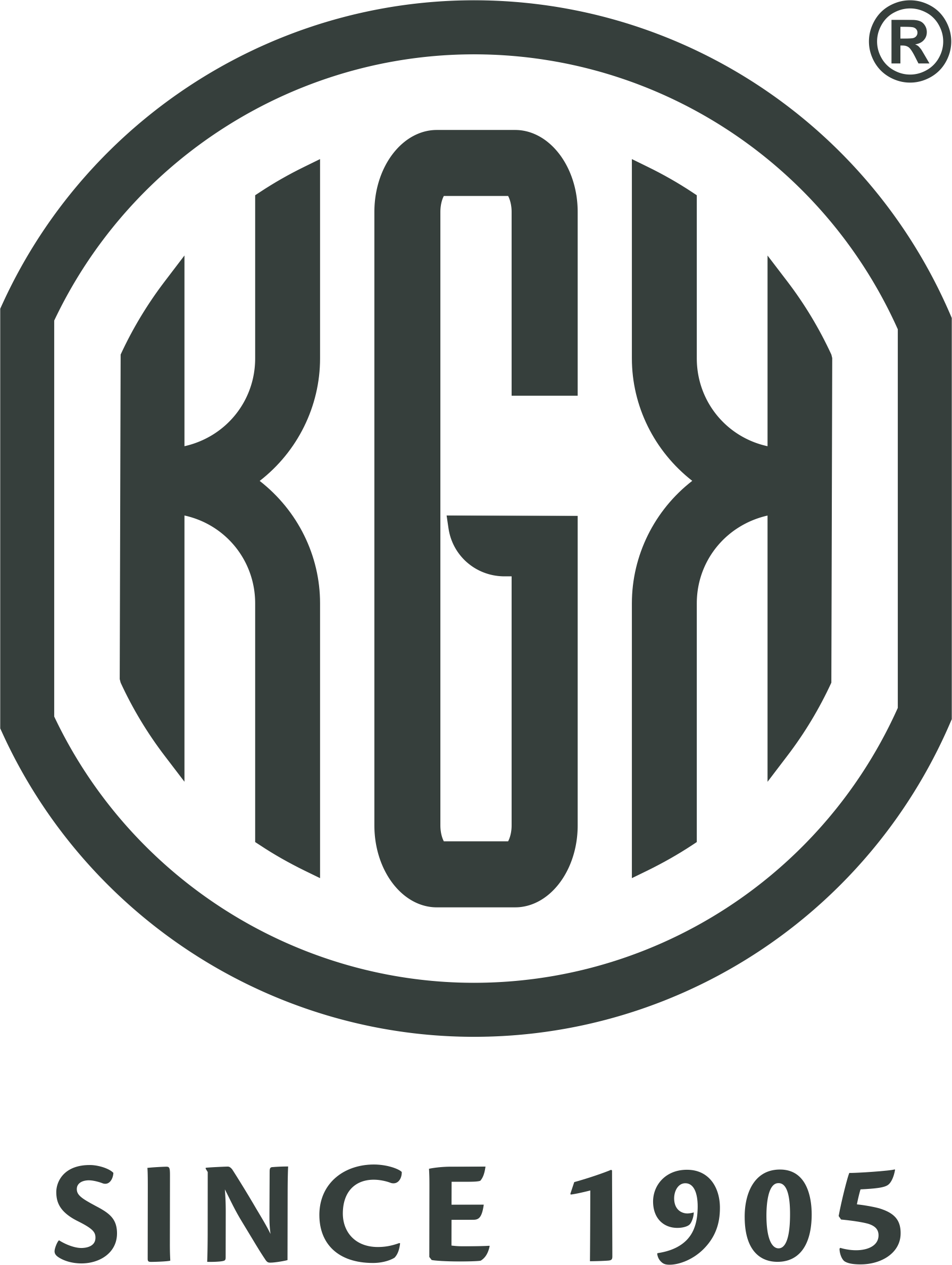Gemstones are usually found in nature, but all the gemstones you see in the market are not natural or raw. Also, identifying real gemstones can be tricky, especially if you are not an expert in the field. Several gemstones look similar in colour and texture but are not the same.
Following some common steps help you identify raw gemstones. Here we will discuss the steps in detail. So, start reading to explore the mysterious world of gemstones.
Tips For Identifying Natural Raw Gemstones
Identifying the difference between real gemstones and synthetic ones can be difficult for you. Because the synthetic gemstones look shiny, vibrant and more flawless than the original gemstones. But if you dig deeper and pay attention to small details, you will see the difference between real and fake gemstones.
Here we will discuss some tips and tricks that you can try to figure out whether the stone you are buying is a natural raw gemstone or not.
DIY Test
A DIY test is helpful when you try to
identify natural gemstones. DIY test known as the first step observation includes bare eye and magnifying glass observation. In this step, you should try to see if your gemstone has any inclusion, like black spots or dots inside. You must also look for chipping or scratching marks from picking a stone out of any jewellery.
Remember that natural gemstones can have zero inclusion according to their purity standards, but synthetic gemstones will be questionably flawless. You can contact the KGK group, for high-quality and real stones.
Colour
Looking closely at the colour details will help you to identify natural raw gemstones. You need to know about the actual hue, saturation and tone of different gemstones to identify various raw gems. It is also a part of the observation, and you can use a magnifying glass for better understanding.
Checking the hue is the basic level of colour observation. First, check what the colour hue of your gem is. If your stone is blue, observe whether it is azure blue or greenish blue. Also, you need to determine the tone of the colour and saturation of the gem.
Remember to look for a brownish tint if your stone falls under the warm saturation range. And if it falls under the cold range, look for greyness. The lighter the specific colour tint (brownish or greyness), the better the quality of your natural gemstone.
You can also use GIA or Gemstone Institute of America’s guidelines for reference.
Gravity and Transparency
Checking the gravity and transparency of gemstones are also helpful for identifying the real ones. Once you are sure about the DIY test and colour observation, you can check the transparency and gravity of the stone.
To check the transparency, place the stone in natural light and use a magnifying glass to see whether your gem is opaque, translucent or transparent. You should also check the dispersion or fire of the stone. It will indicate whether your stone is weak, moderate or strong.
Checking the gravity of gemstones is also beneficial because synthetic gems created in the lab are lighter or heavier than the usual raw gemstones. You can place it in your palm to observe whether it has the same weight or is suspiciously light or heavier than expected (do keep size in consideration).
KGK group is one of the renowned gemstone providers that explore different parts of the world to find 100% natural gemstones.
Check Lustre and Optical Phenomenon
The lustre and optical phenomena of gemstones also help understand the raw gemstones. Then turn your gem upside down and observe the surface closely to check the lustre. Check whether it looks glittering like a diamond or has a metallic, glassy, plastic-like surface.
You can use a 10× magnifying glass for better understanding.
To check the optical phenomena, use a sharp laser-light pen. Flash the light beam across the gem and observe the optical phenomena. Watch the colour change, adularescence, chatoyancy and asterism to see whether it matches its raw gemstone’s nature or not.
Conclusion
Identifying natural gemstones can be a tough job. These tips can guide you to find actual or natural gemstones only if you have basic knowledge about stones. Fortunately, the
KGK Group has world-class raw gemstones collected from some of the best mines around the globe.










